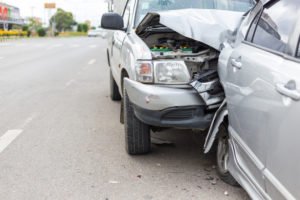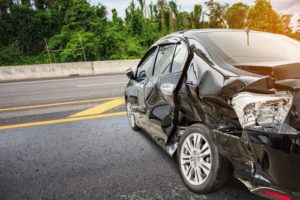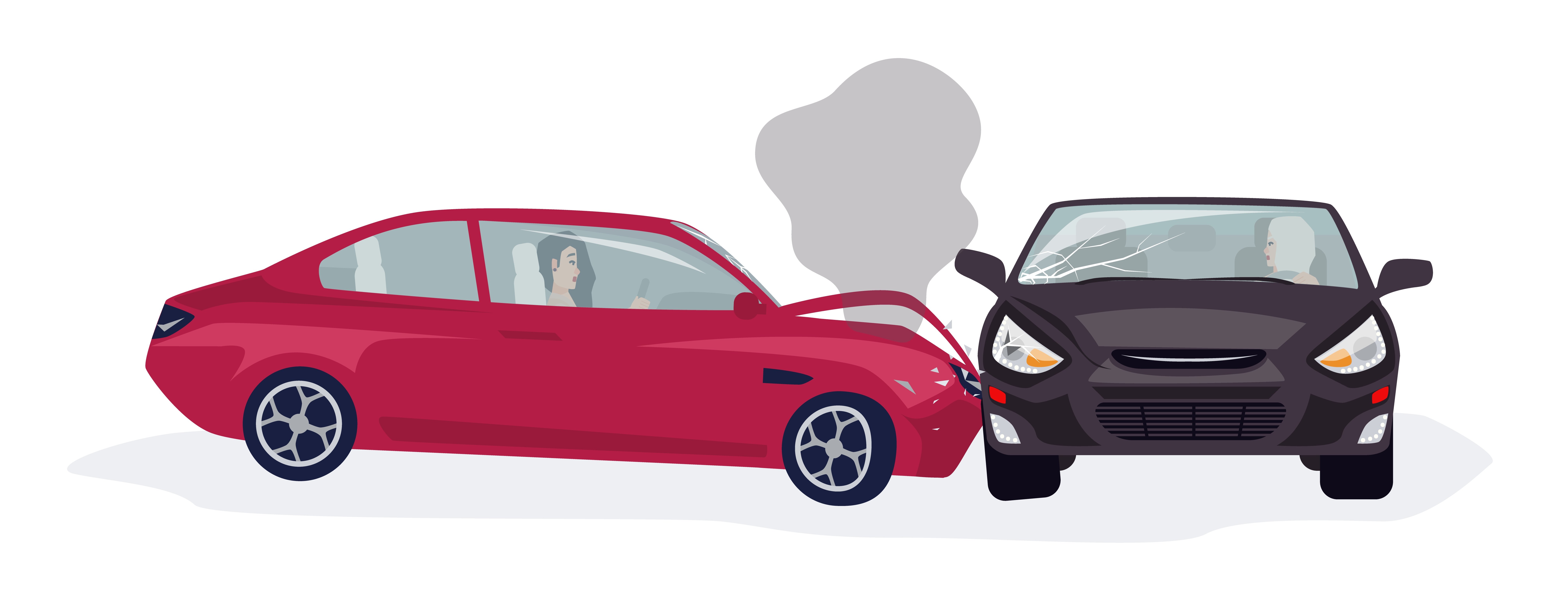
Rear-end collisions can happen for many different reasons. Even if you are an extremely safe driver, you cannot control other vehicles on the road. If you or a loved one were involved in a rear-end collision, your life could be turned upside down. Remember, during this difficult time, you have legal options available to you, and you could even recover compensation for your losses.
If you are considering taking legal action, discussing your case in detail with a member of our team could be in your best interest. The team at Ben Crump Law, PLLC is available to answer your questions during a free, no-obligation consultation. Call (844) 730-0233 today to see how a Fort Lauderdale rear-end collisions lawyer might be able to help you with your case.
Frequent Causes of Rear-End Collisions and Vehicle Accidents
There are many reasons rear-end collisions occur, and in many cases, more than one vehicle can be at fault. Sometimes pile-ups can even happen on the road, resulting in a chain reaction causing several rear-end collisions at once. If you were injured in a rear-end collision, it is very possible that a third party was partially at fault in your accident. Some common causes of vehicle accidents include:
- Driving under the influence: Consuming alcohol or any mind-altering drug is illegal and can be extremely dangerous. According to the Centers for Disease Control and Prevention (CDC), alcohol-related accidents led to over 10,000 casualties in 2016 and caused billions of dollars in damage. If you were involved in a rear-end collision, and alcohol was a contributing factor, you might be able to recover compensation.
- Distracted driving: Cell phones have become an increasingly prevalent part of everyday life, but they can also be a hazard on the road. If a driver is looking at their phone when traffic slows, they have little or no time to react, making a rear-end collision likely. Distracted driving is not specific to cell phones, but rather encompasses any behavior that takes attention away from the road. This could include looking at a sign, playing with the radio, listening to loud music, and more.
- Mechanical issues: Whether it is a commercial truck or standard passenger car, all vehicles on the road are required to be inspected and safe to drive. If a driver takes to the road in an unsafe vehicle, this is potentially hazardous and can lead to a rear-end collision. Failing to keep a vehicle safe is a form of negligence that could be grounds for legal action if mechanical issues lead to an accident, damage, or injuries.
- Poor driving conditions: Poor weather such as ice, sleet, snow, high winds, or rain, can obstruct vision and also affect the vehicle performance on the road. These hazardous conditions create a dangerous environment. Sometimes governing agencies can further the potential for danger by failing to maintain roads properly. If a pothole is not filled in time, if a speed limit sign is blown down and not replaced, or if a highway is not salted effectively during a snowstorm, accidents are more likely.
- Speeding: Speeding is consistently one of the leading causes of accidents in the United States. The National Highway Traffic Safety Administration (NHTSA) reported that in 2018, over 9,000 traffic fatalities were due in part to speeding. A vehicle traveling too fast does not have enough time to react to changes in traffic flow or road conditions. Additionally, speeding creates the potential for more damage as vehicles traveling at high speeds carry an extraordinary amount of momentum. If you think speeding contributed to your rear-end collision, your accident may not have been your fault.
For a free legal consultation with a rear-end collisions lawyer serving Fort Lauderdale, call (844) 730-0233
Possible Injuries from Collisions
The NHTSA reported that in 2018 alone, almost 37,000 people in the United States lost their lives due to vehicle accidents. This is a very alarming statistic and does not take into account that thousands of other vehicle accidents caused injury and property loss. If you were in a rear-end collision, you might be suffering. Some common injuries resulting from rear-end collisions include:
- Cuts, scrapes, bruises, and other superficial injuries
- Internal bleeding
- Organ damage
- Broken bones and fractures
- Whiplash, concussions, and other injuries to the head, neck, or spine
- Emotional disturbances such as fear, anxiety, or depression
- Sprains, strains, and injuries to the joints
Car accidents such as rear-end collisions can cause physical, emotional, and financial pain impacting your life in every way imaginable. Some victims walk away from an accident, only to discover an injury later down the road.
If you were the victim of an accident that you believe was caused by a third party, you might have a case. To learn more about the legal process during a free, no-obligation consultation, call us today to connect with a team member at Ben Crump Law, PLLC,
Fort Lauderdale Rear-End Collisions Lawyer Near Me (844) 730-0233
Recoverable Compensation
Victims of rear-end collisions that result in injuries, property loss, or other forms of suffering can potentially collect various forms of compensation. If you or someone you love was involved in an accident, you could recover reimbursement for medical expenses, property damage or loss, compensation for emotional pain, and more. Because every case is unique, consulting with a Fort Lauderdale rear-end collisions lawyer might help you better understand your options and determine if legal action is right for you.
Click to contact our Fort Lauderdale Car Accident Lawyers today
Contact Us
If you are exploring your legal options following a rear-end collision, a Fort Lauderdale rear-end collisions lawyer from Ben Crump Law, PLLC can help you with your case and handle every aspect of the legal process. There is a statute of limitations for most claims, so remember to act today if you think another party was at fault in your accident. You could have compensation available for you and your family that could benefit you as you focus on your recovery. Call (844) 730-0233 today to contact a team member for more information.
Call or text (844) 730-0233 or complete a Free Case Evaluation form








